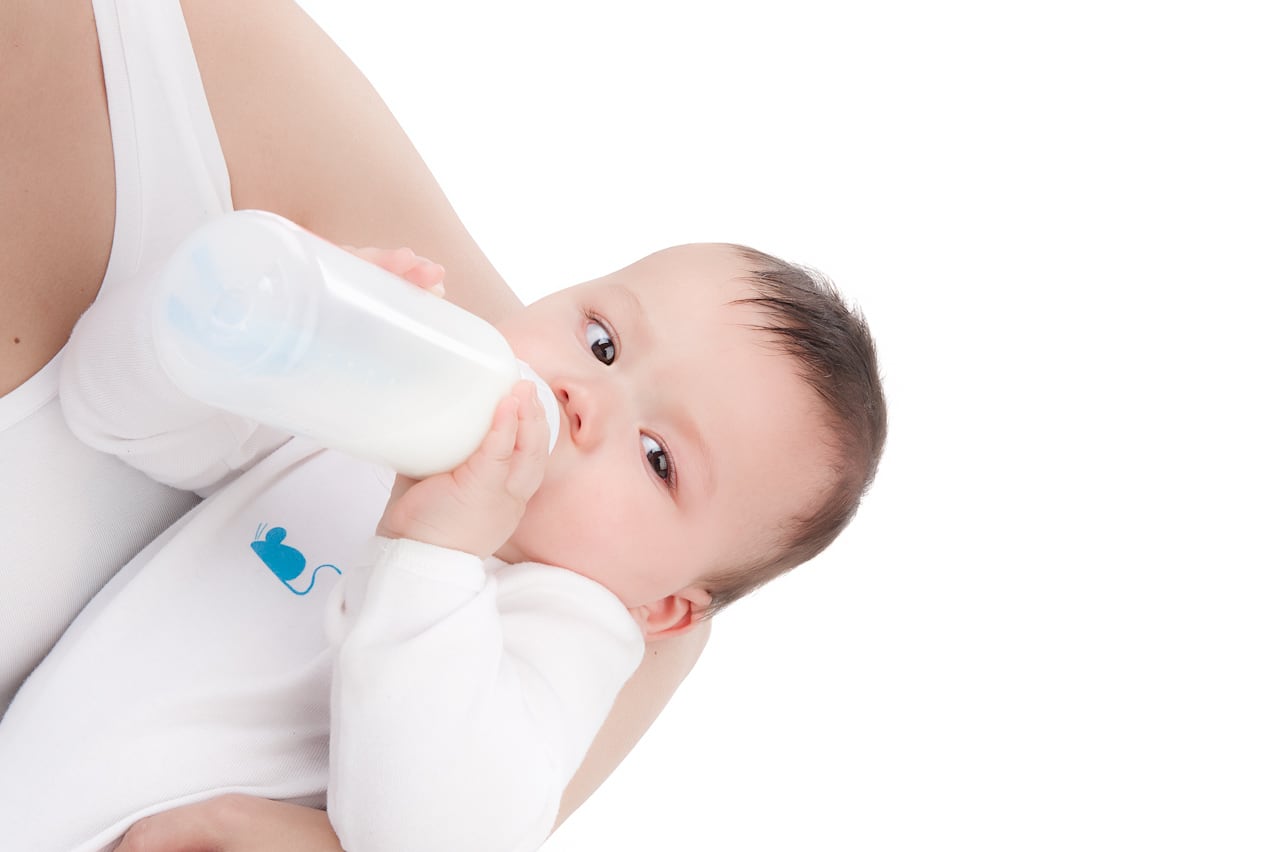The UK Advertising Standards Authority (ASA) said ‘calcium-bone’ and ‘iron-brain’ claims strayed too far from approved EU nutrition and health claims regulation (NHCR) statements and censored the TV ad made by the BETC agency in Paris and challenged by pro-breast milk feeding group Baby Milk Action (BMA).
Danone Baby Nutrition head of media relations Helen Messenger said that even though, “we thought we had a legal ad and are disappointed we understand this area is complicated, rapidly changing and are complying with the ruling. The ad was made in 2012 and we are now in 2014. Things have changed a lot.”
Danone Baby Nutrition expanded in a statement: “The ASA appears to have reversed their previous decision (February 2013) which confirmed that a claim for ‘strong bones’ and calcium was acceptable and which acknowledged that consumers could generally be expected to understand that ‘strong bones’ are equivalent to ‘normal bones’.”
“We have noted the ASA’s view that a claim for iron and ‘brain development’ should be phrased more formally as a claim for ‘cognitive development’.”
Similar marketing continues on the company website, but Messenger said, "Going forward we will make sure that all our ads, labels and other consumer communications like the website are consistent with the ASA ruling."
"Bizarre"

EU legal experts have criticised the ruling for making minor semantic wording issues into brainless bones of contention that mean nothing to consumers and would not stand legal scrutiny.
The ad was approved by the TV advert-clearing body, Clearcast, a panel whose opinions differed from the ASA’s only 1-in-a-1000 times, the ASA said previously.
Hamburg-based food and IP lawyer, Moritz Hagenmeyer, from the Krohn legal firm, observed, “What we are witnessing here is bizarre.”
“Would an average consumer really believe that a baby's brain physically expanded without any contribution to normal cognitive development?” asked the lawyer who is involved in an ongoing legal challenge to the NHCR over aspects of its application.
“Article 5, paragraph 2 of the NHCR demands that average consumers must understand the beneficial effects expressed in claims. Food business operators have to comply with this rule. Apparently there is no equivalent provision guaranteeing that ASA opinions must be understood.”
Industry consultant and healthy foods marketing expert Julian Mellentin said following similar ASA rulings against Suntory-owned Lucozade and Pepsi-owned Naked Juice over minor claim alterations, it was time a company stood up to the ASA.
“The ASA ruling is trying to impose a hard line of forcing companies to use only the exact approved wording – and totally ignoring that the regulation allows companies to modify the wording in a way that makes it easier for the average person to understand,” Mellentin said.
“This is not a question of interpretation of the regulation - just the UK regulator setting themselves above the law.”
“They are also choosing to ignore the independent expert scientific advice that Nutricia received and setting themselves up as being more expert than scientific experts. That kind of arrogance is hard to believe.”
“It's time industry started legal challenges against rulings like this.”
Toothless ASA?
While welcoming its complaint being upheld by the ASA, Baby Milk Action held up the voluntary ASA as an ultimately ‘toothless’ group and called for harsher penalties and actions.
"Advertisements such as Danone's suggest that follow-on milks provide health benefits, but they are unnecessary products and Danone is simply ripping parents off, using false claims to make them think they need these milks,” said Mike Brady, BMA campaigns and networking coordinator.

“Yes, calcium is needed for normal growth and bone development in children and iron contributes to normal cognitive development, but these are provided by a normal diet and Danone's products offer nothing special other than a way for the company to fill its pockets."
"Providing nutrients via fortified milks is also potentially harmful. The cost of these multi-million pound advertising campaigns goes onto the price of the milks making them even more expensive."
Brady said BMA had successfully challenged other claims made by Cow & Gate and Danone's Aptamil brand along with Nestlé's SMA, "but they continue using them regardless because the industry-funded ASA is a toothless body requiring no corrections and levying no fines.”
“Many of these practices also break the law in our view, but Trading Standards and the Department of Health are failing to hold companies to account - companies should be prosecuted and fined for repeated violations."
Despite groups like the World Health Organisation (WHO) questioning the benefits of follow-on milks, Euromonitor International marked them and infant formulas as the fastest growing functional food and drink category in 2013 – adding $5bn (€3.63bn) in global sales over the year.
The essential ASA ruling
Calcium and bone health:
“We considered that a claim that a product provided calcium ‘for strong bones’ implied a greater health effect than a claim that calcium was needed ‘for normal growth and development of bone’. On that basis, we did not consider that a reference to 'strong bones' equated to a reference to ‘normal growth and development of bone’.”
“Because we did not consider that the ad's claim ‘for strong bones’ had the same meaning as the approved claim ‘for normal growth and development of bone’, we concluded that the ad altered the meaning of the authorised claim and was therefore in breach of the Code.”
Iron and brain health:
“We acknowledged that, based on their own research, the advertisers believed that 'cognitive' was poorly understood by consumers.”
“However, and particularly in the context of an ad for a children's food, we considered that ‘brain development’ suggested a wider range of physical and functional development than ‘cognitive development’, because ‘brain development’ related to the physical development of an organ, whereas ‘cognitive development’ related to the development of normal cognitive function, such as normal mental acuity and processing.”
